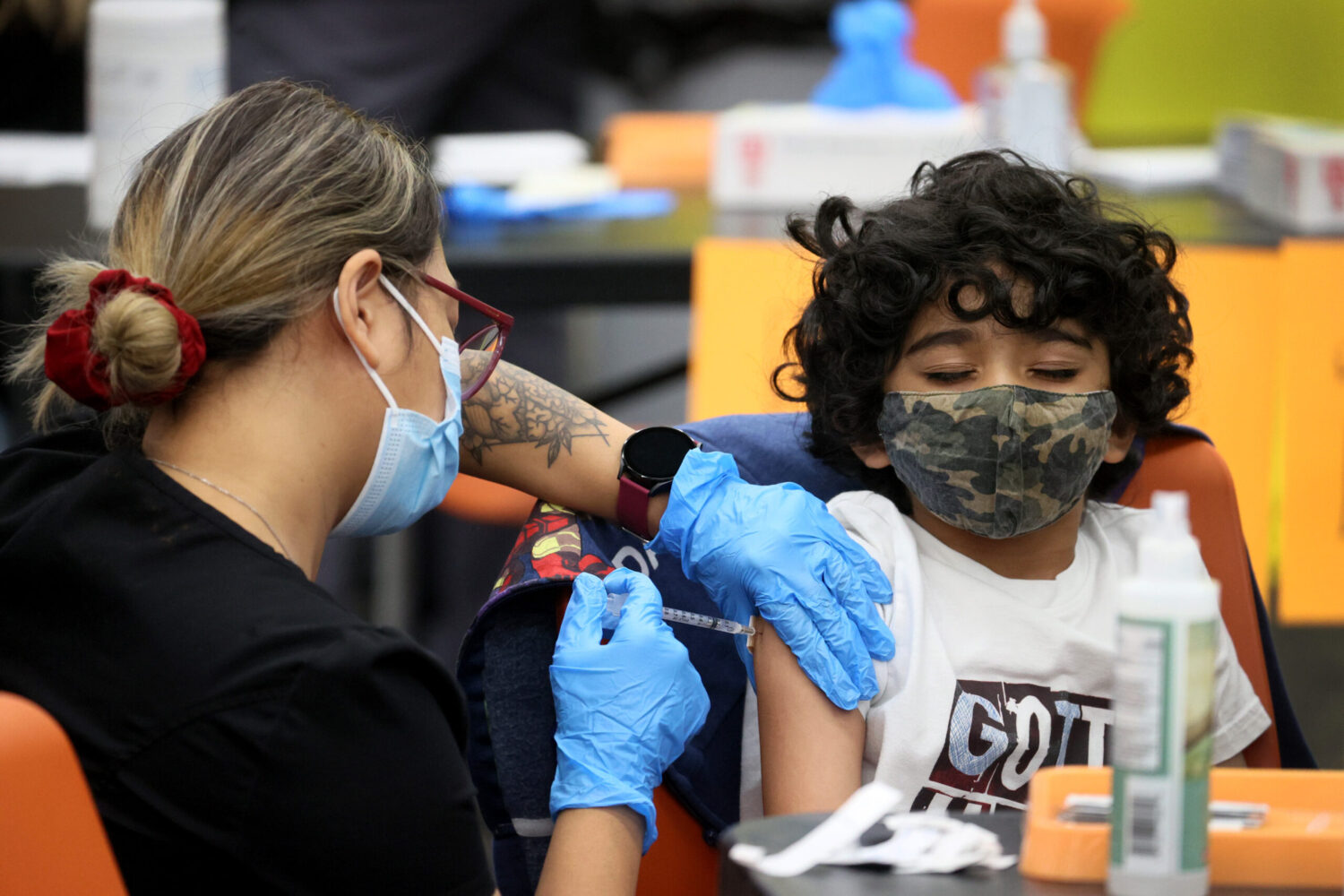
Makenzie Huber, South Dakota News Watch
The first case of measles in South Dakota in nine years was reported Thursday by the state Department of Health.
Measles is a highly contagious viral disease that can cause health complications, especially in children younger than 5 years old.
The case was found in a Pennington County adult who traveled internationally and tested positive at Monument Health in Rapid City this month. The patient could have exposed people at the Black Hills Urgent Care from 10 a.m. to 2:30 p.m. on July 9 and the Monument Health Rapid City Emergency Department waiting room from 5 p.m. to 12 a.m. on July 12, the Department of Health said.
“Measles is a highly contagious viral disease and spreads through the air when an infected individual coughs or sneezes,” said Dr. Joshua Clayton, state epidemiologist, in a news release Thursday. “Individuals who have not been fully immunized with two doses of measles vaccine have an increased risk of infection if they have contact with an infected person.”
The measles vaccine is typically given to children between 12 and 15 months old, with the second dose given at 4 to 6 years old. Two measles shots usually produce lifelong immunity, according to the news release.
The last time a measles case was reported in South Dakota was in January 2015, when there was an outbreak of 13 cases in the Mitchell area and one case in an unvaccinated Sioux Falls 10-year-old.
Aside from an unvaccinated child younger than 5 years old contracting measles in Mitchell in December 2014, South Dakota hadn’t had a measles case since 1997.
Measles appears in two stages. First, the patient may have a runny nose, cough, slight fever and reddened eyes sensitive to light. Second, on the third to seventh day, the patient has a temperature of 103-105 degrees Fahrenheit and a red, blotchy rash beginning on their face and spreading across their body. The rash lasts up to a week.
Measles, mumps and rubella (MMR) vaccination rates have been on the decline in the United States for over a decade after the disease was declared eliminated in 2000. More than 160 cases have been reported nationwide so far in 2024, with 53% of cases hospitalized. Over 60% of cases in children younger than 5 years old have been hospitalized so far this year.
South Dakota’s MMR vaccination rate among kindergarteners decreased from 96.8% during the 2009-2010 school year to 92.5% during the 2022-2023 school year, according to the Centers for Disease Control. That is below the Office of Disease Prevention and Health Promotion’s goal of 95%, which establishes herd immunity.
Children entering school or an early childhood program in South Dakota must have received, or be in the process of receiving, two doses of the MMR vaccine and some other vaccines. Exemptions are available if a licensed physician says it would endanger the child’s life or health, or if the child’s religious doctrine opposes immunization.

